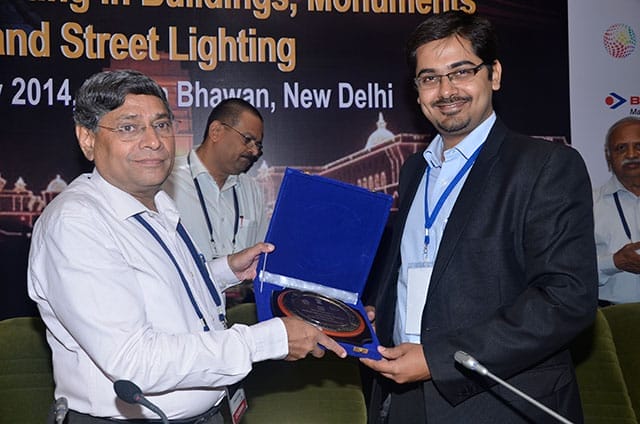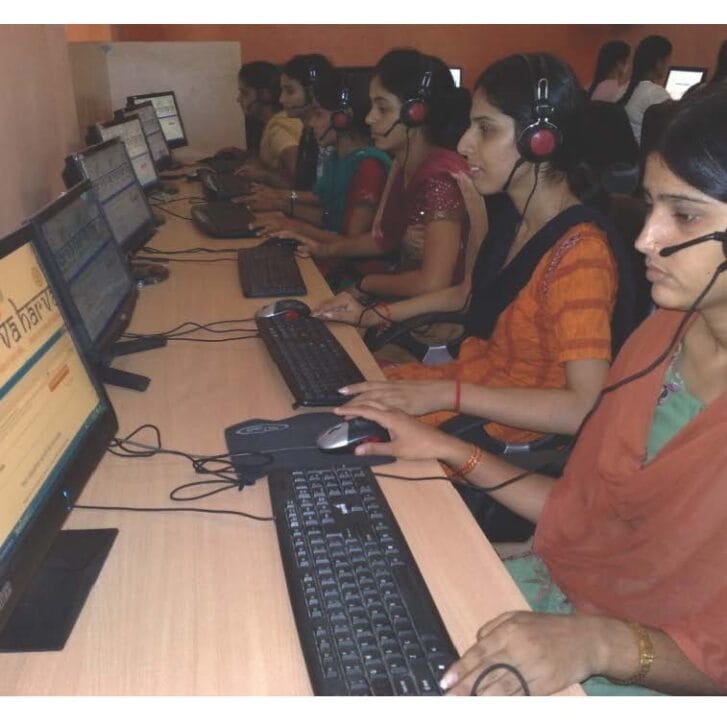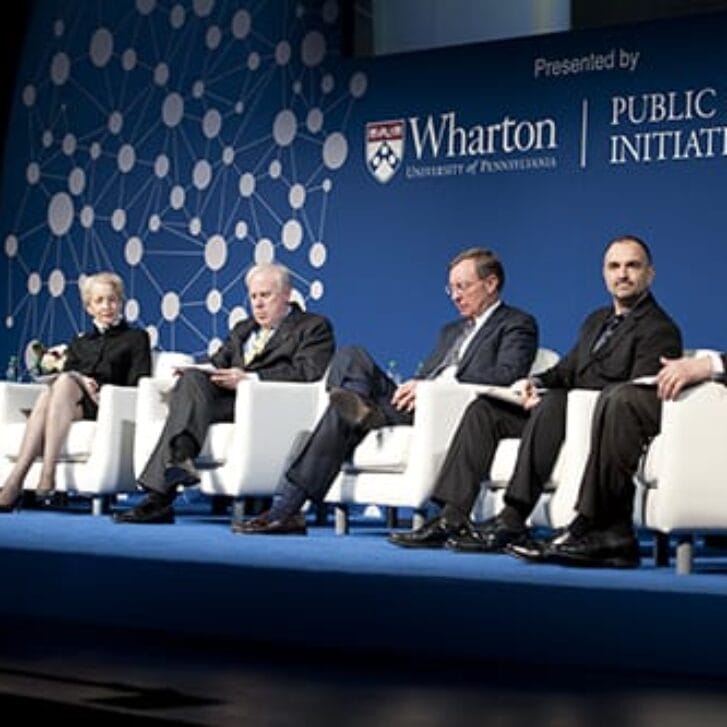For the last three years, Wharton Magazine has spotlighted a number of Wharton startups to watch in its winter issue. We decided to revisit our companies from the 2013 edition—“Startup Enterprise: The Next Generation”—and connected with three of them to see how they are faring and where they are headed.
We’re publishing our interviews with each as a series in the coming two weeks, and this week’s is with Prajwalbharat. Launched when Anuj Kulkarni put his MBA degree on hold to return to India, the social enterprise aims to light up India’s dark roadways. When we last spoke with Kulkarni, the bootstrapped operation was just getting off the ground—with only 200 high-quality LED lights installed (though his goal for 2013 was to install 10,000).
How has he succeeded? Find out in the interview transcript below:
WHARTON MAGAZINE: How has the operation expanded since we last spoke in late 2012/early 2013?
ANUJ KULKARNI: We have grown quite a lot, actually. More in our operative reach and size in terms of people. In the last 14 months, we have grown to have operations in more than 20 districts across three states (Maharashtra, Karnataka, Andhra Pradesh). Recently we started operating in Goa and Gujrat as well. Total strength of the company is about 60 people today, and we plan to reach a 100 people mark by July 2014.
WM: Did you meet your 2013 goal of millions raised and 10,000 new streetlamps?
KULKARNI: Not quite. It’s one of those amazing things about being a startup, when our metrics shifted very soon from number of lamps to becoming cash flow positive. The good news is that we are well beyond our projected revenues for 2013, we’ll close at about a $1 million dollars in revenues this financial year (10 times multiple from last year). The great news is, we are seeing an exponential increase in our monthly rates so I am confident about seeing the 10,000 number soon. We are also in touch with a few great investors and VC firms who have seen us grow over this year. I am sure they like what they see but with the great customer traction and good cash flows, we are looking at an early stage round now instead of the seed.
WM: What are your goals for 2014?
KULKARNI: We are looking at at least $5 million in revenues, about a 150 people company. We have already started serving tier 2,3 cities and hope to go deeper in the 5 states I mentioned before.
Connect with us: Read last week’s Wharton Startups to Watch update—an interview with David Klein from the student loan startup CommonBond—at http://whr.tn/commonbond-update.
WM: Has the social impact startup experience gone as your expected?
KULKARNI: Not exactly. Social startups are unlike the tech businesses of the day. They are more about the traditional ways. You get into a lot of people management, start relying a lot on sales guys, human resource becomes crucial. The metrics and the lens of the business changed quite a bit. It was about energy saving and the social impact in saving lives with better street [lighting]. Yes, those metrics still matter and feed into our vision, but what the social startup really does (and I think this is applicable to most of them) is generate employment. And that social impact is a far more satisfying result.
Editor’s note: Read our interview with Apu Gupta, WG’05, co-founder of the Philadelphia-based visual analytics firm Curalate.


























